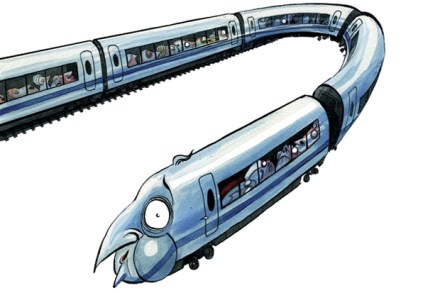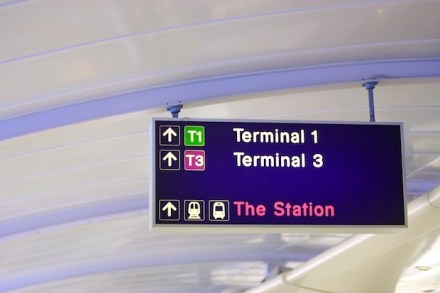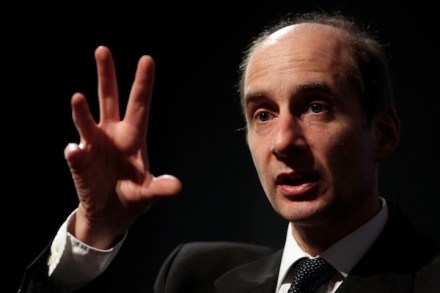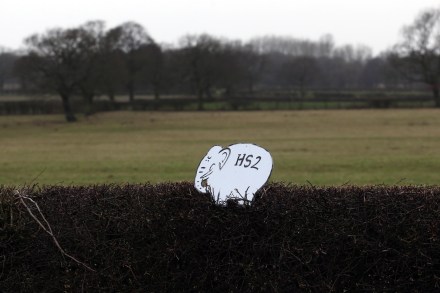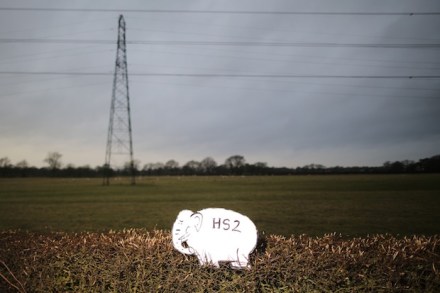The HS2 fight back begins next week. But will it work?
Ministers are increasingly aware of an uphill struggle on HS2. Next week, they will try to make the case for the line again, in the face of increasing opposition, with the publication of the Department of Transport’s strategic case paper, which will respond to criticisms from the Public Accounts Committee and National Audit Office on the viability of the project. Giving up on trying to win the economic case for HS2 (which has been widely lambasted), the government hopes to turn the tide by instead focusing on the capacity arguments. As James reported last month, the DfT will attempt to shift the HS2 debate to why we need a new
